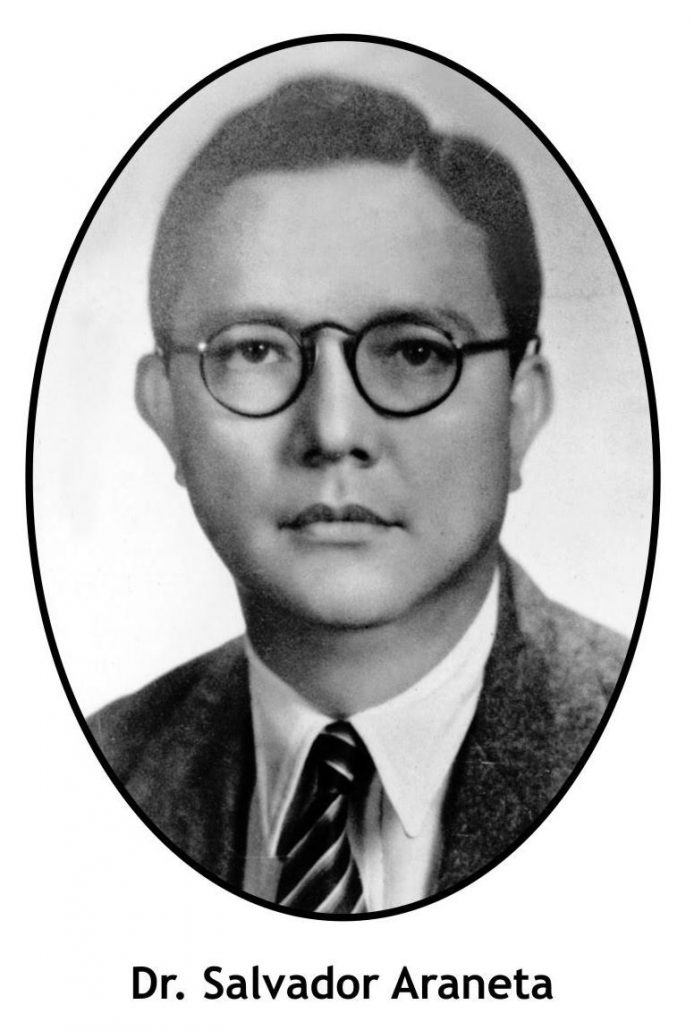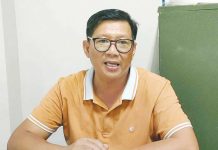 ANOTHER reminder of Dr. Salvador Araneta’s relevance today is his contribution to our educational system. His university, the Gregorio Araneta University Foundation, was the first of its kind under Republic Act 6055.
ANOTHER reminder of Dr. Salvador Araneta’s relevance today is his contribution to our educational system. His university, the Gregorio Araneta University Foundation, was the first of its kind under Republic Act 6055.
Gregorio Araneta University Foundation started as Araneta Institute of Agriculture right after the war and most of the students then were war veterans. He co-founded FEATI University. He also had an involvement in aviation.
Araneta and the Lopez family embarked on a business venture and started Ilo-Ilo Negros Air Express or INAEC. After the war, it became FEATI Airlines (Far Eastern Air Transport Incorporated) which flew both domestic and international flights.
FEATI Airlines was later sold to and became Philippine Airlines.
Both Araneta and Eugenio Lopez went around the country looking for the best locations for airports. Today, these airports continue to serve the country.
Araneta was able to actualize his many novel and daring ideas, and we could go on and fill up this sketch with more lines to paint a larger picture of the man.
Sufficient to say that Araneta has left us enumerable gifts, some we can see some we cannot see and some we hope to see.
A sketch of his life should include this campaign for the industrialization of the country. He emphasized that industrialization must be rapid and self-generating. He said that his could be achieved by establishing basic key industries, namely the steel industry, ship building, the development of water resources, chemical, and fermentation industries as well as the machine and tool industries.
Germany and Japan recovered after the World War II in record time because their reconstruction was self-generated and because they started building their basic industries.
He also explained that industrialization can become, to a great extent, a self-generating process of cumulative growth for as long as investments are concentrated in the production of capital goods rather than consumer goods as it feeds back the incremental productivity into the process of capital formation.
On Patrimony of the Nation
To Araneta, the country’s most precious natural heritage is its soil, water and forests, which he called “The Tripod of Civilization.” Her citizens must therefore take charge in preserving these God-given gifts.
Mineral resources are being depleted and income arising from mining and logging do not revert to the people who live in the area.
Those communities are the most affected by the despoliation of the soil, water, and forest resources. Instead, profits are repatriated to foreign countries and nationals, or get into the hands of financiers – not the men who produce these products by the sweat of their labor, who toil under dangerous conditions.
Araneta, with the help of Alejandro Lichauco, worked for and achieved the Filipinization of Credit which was kept in the books of the Central Bank for quite a number of years. These natural resources belong to the nation and the children yet to come, so it follows that the harvest should benefit the nation and its people the most. As Araneta said, “These are precepts we cannot surrender.”
As founder and President of Araneta University, Araneta organized the school’s Institute of Economic Studies and appointed Alejandro Lichauco as Dean. One of the goals of the Institute was to have a law passed on the use of “Filipino Money.”
The practice of foreign entities then was to borrow money from Filipino banks and later remitting their earnings to their mother countries. This policy of “borrowing abroad to make money abroad” was alarming even Europeans. This practice deprived local entrepreneurs from using money sourced from local banks as the funds had already been allotted to foreign investors, who were, in many cases, subsidiaries of international corporations. (To be continued/PN)





